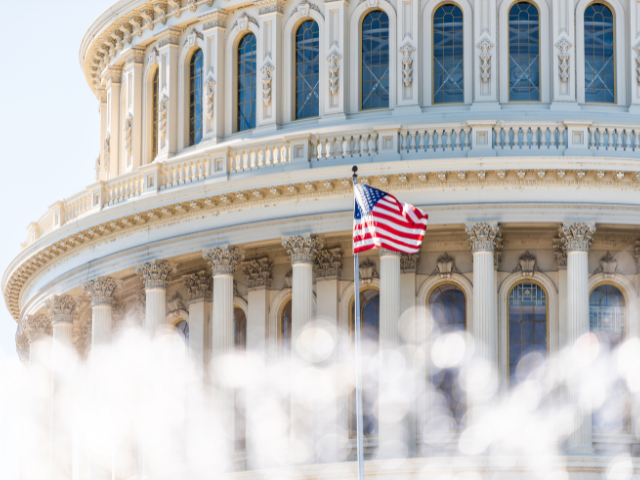History of Preceptor Incentives
From payment through grant programs to state-level tax credits, providing incentives for nurse preceptors is nothing new. Last September, Nursing CE Central explored the various methods of encouraging practitioners to take on that leadership role for newer nurses.
At that time, Washington state had established a preceptorship grant, the Tennessee Hosptial Association was running an incentive program based on preceptorship hours, and Hawaii had a tax credit for eligible APRNs. But discussions are ongoing about whether or not nurse preceptors should even receive compensation and how that affects educational institutions.
A 2022 study published in BMC Medical Education found that a preceptorship program’s success partially depends on commitment from the nurses who take on the responsibility. The authors also noted that “sufficient benefits and rewards, resources and support” could improve commitment.
The Importance of Nurse Preceptors
Nurse preceptors play dual roles, caring for patients and guiding new nurses in the early days of their careers. Sara Angelilli, DNP, RN, CNOR, NPD-BC, sees four key roles for preceptors, which she details in 2024 Association of periOperative Registered Nurses article: role model, socializer, coach, and protector.
Plus, NCC author Charmaine Robinson, MSN-Ed, BSN, RN, previously wrote that preceptors can help mentor young practitioners who might otherwise leave the industry and pad their own resume with the professional development and leadership required of the role.









